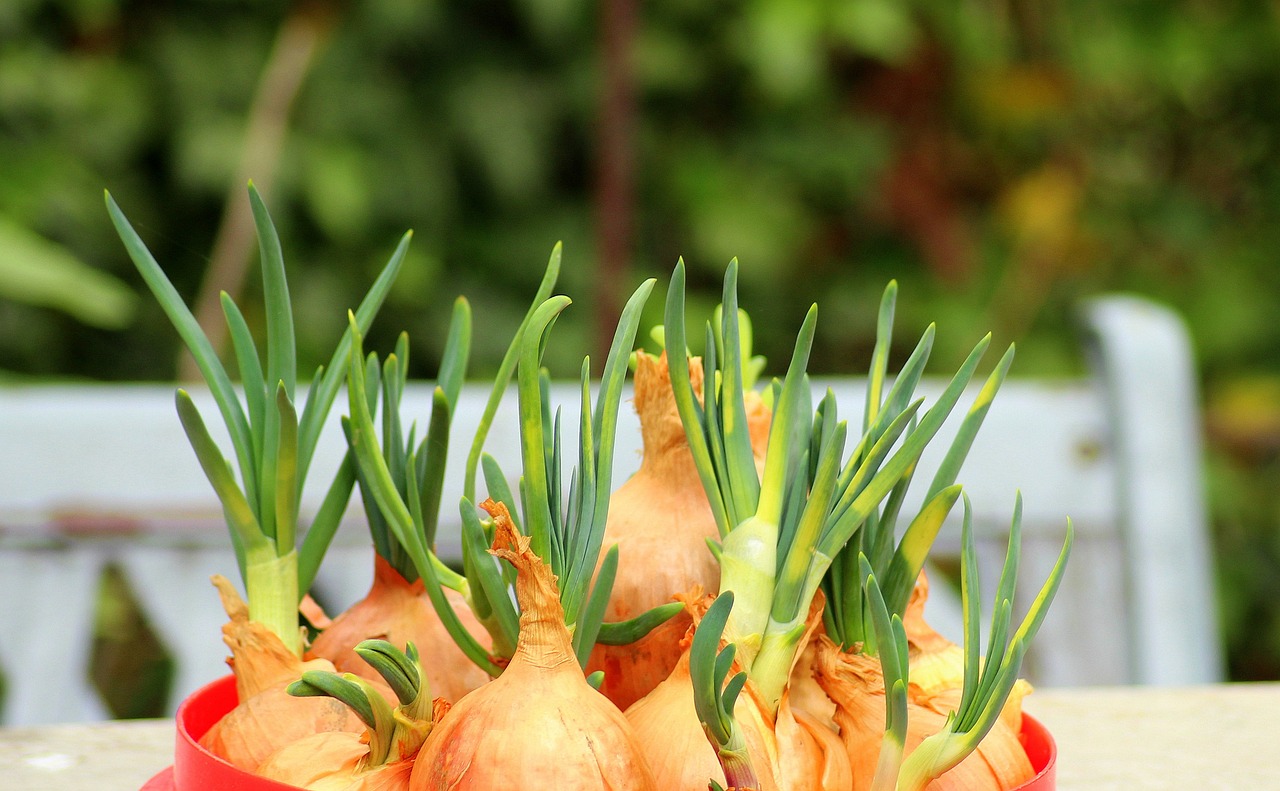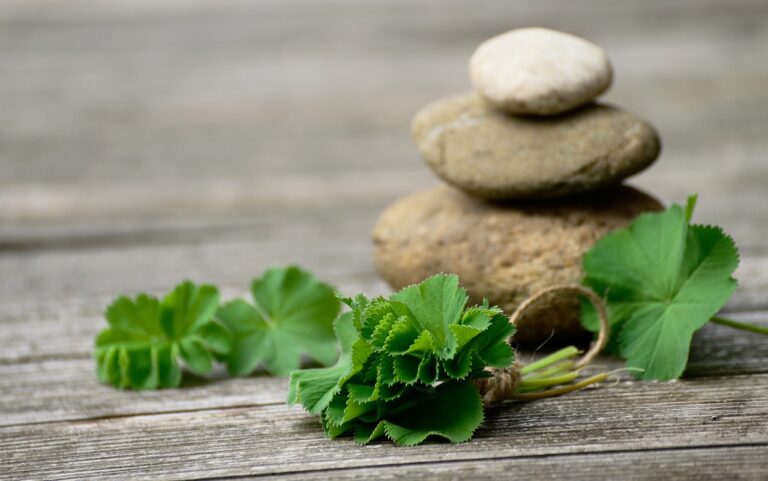Understanding the Benefits of Traditional Medicine in Lifestyle and Wellness Promotion
Traditional medicine has a rich history that dates back thousands of years. Many ancient civilizations, such as the Egyptians, Greeks, Chinese, and Indians, developed their own unique healing practices based on natural remedies and holistic approaches. These early healing traditions laid the foundation for what we now know as traditional medicine.
Throughout history, traditional medicine evolved as different cultures exchanged knowledge and practices. Ancient texts, such as the Ayurvedic texts from India and the Yellow Emperor’s Inner Canon from China, played a significant role in documenting and passing down traditional healing methods. As communities relied on these practices for centuries, traditional medicine became an integral part of their cultural identity and overall well-being.
The Role of Traditional Medicine in Preventative Care
Traditional medicine plays a crucial role in preventative care by focusing on maintaining overall health and well-being. Instead of only treating symptoms after they arise, traditional medicine emphasizes practices and remedies that prevent illnesses from developing in the first place. This proactive approach highlights the importance of fostering a healthy lifestyle and addressing imbalances in the body before they escalate into more serious health issues.
By incorporating various natural remedies, therapies, and lifestyle modifications, traditional medicine aims to strengthen the body’s natural ability to ward off diseases and maintain equilibrium. From herbal supplements to acupuncture and dietary adjustments, these preventative measures work in harmony to support the body’s internal systems and promote long-term wellness. Traditional medicine’s emphasis on prevention not only helps individuals avoid falling ill but also contributes to a holistic approach to healthcare that considers both physical and mental well-being.
Traditional Medicine’s Influence on Mental Wellness
Traditional medicine has long been recognized for its role in promoting mental wellness. Practices such as acupuncture and herbal remedies aim to restore balance within the body, which in turn can have positive effects on mental health. By addressing physical imbalances that may be contributing to mental distress, traditional medicine offers a holistic approach to mental well-being.
Many traditional medicine systems also incorporate mindfulness techniques and lifestyle recommendations that can support mental wellness. These practices emphasize the importance of maintaining a harmonious relationship between the body, mind, and spirit. By cultivating awareness and fostering a sense of inner peace, traditional medicine can help individuals cope with stress, anxiety, and other mental health challenges.
What is traditional medicine?
Traditional medicine refers to the practices, knowledge, and beliefs that are indigenous to a specific culture, passed down through generations.
How has traditional medicine influenced mental wellness?
Traditional medicine often incorporates holistic approaches to health, which can have a positive impact on mental wellness by addressing the mind-body connection.
Can traditional medicine be used as a standalone treatment for mental health conditions?
Traditional medicine can be used in conjunction with modern medical treatments for mental health conditions, but it is important to consult with a healthcare professional for a comprehensive treatment plan.
What role does traditional medicine play in preventative care?
Traditional medicine often focuses on preventative care through practices such as herbal remedies, dietary changes, and lifestyle modifications to promote overall well-being and prevent illness.
Is traditional medicine backed by scientific evidence?
Some traditional medicine practices have been studied and shown to have benefits, but more research is needed to fully understand the effectiveness and safety of these treatments. It is important to approach traditional medicine with a critical eye and consult with healthcare professionals.







